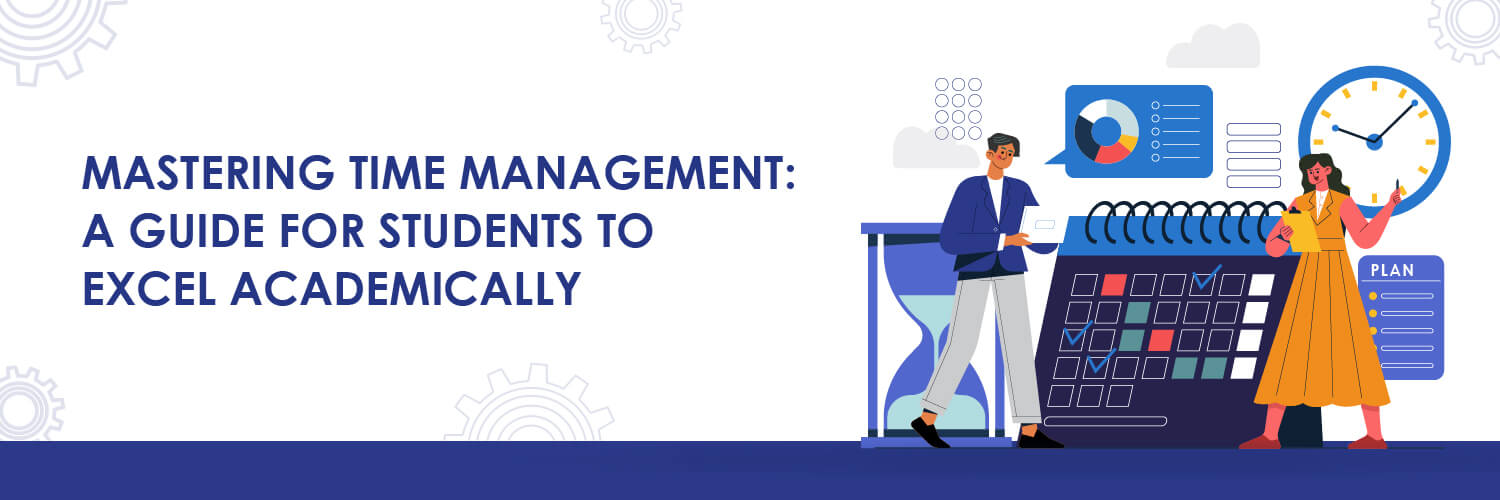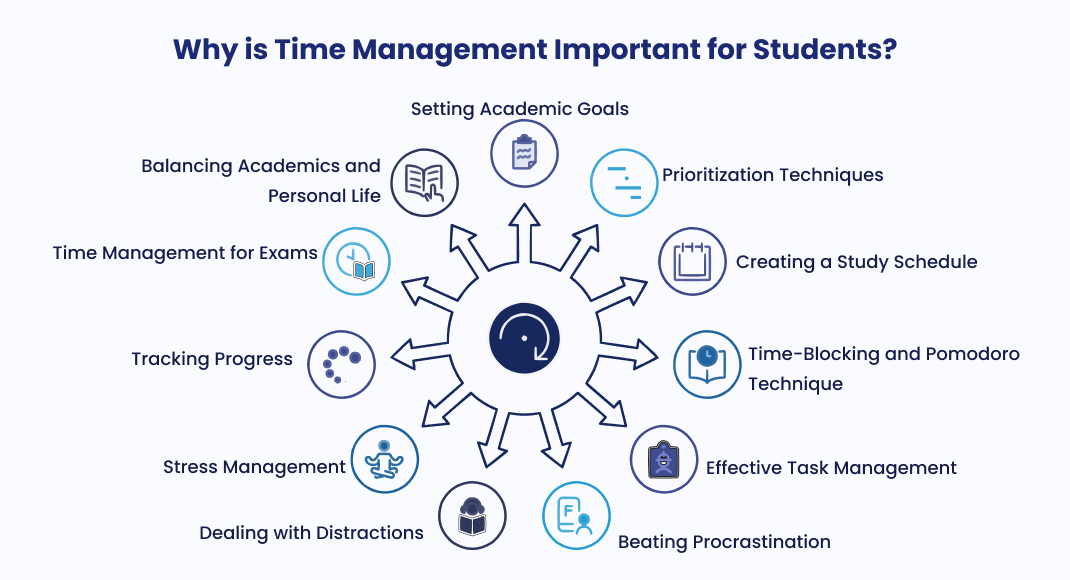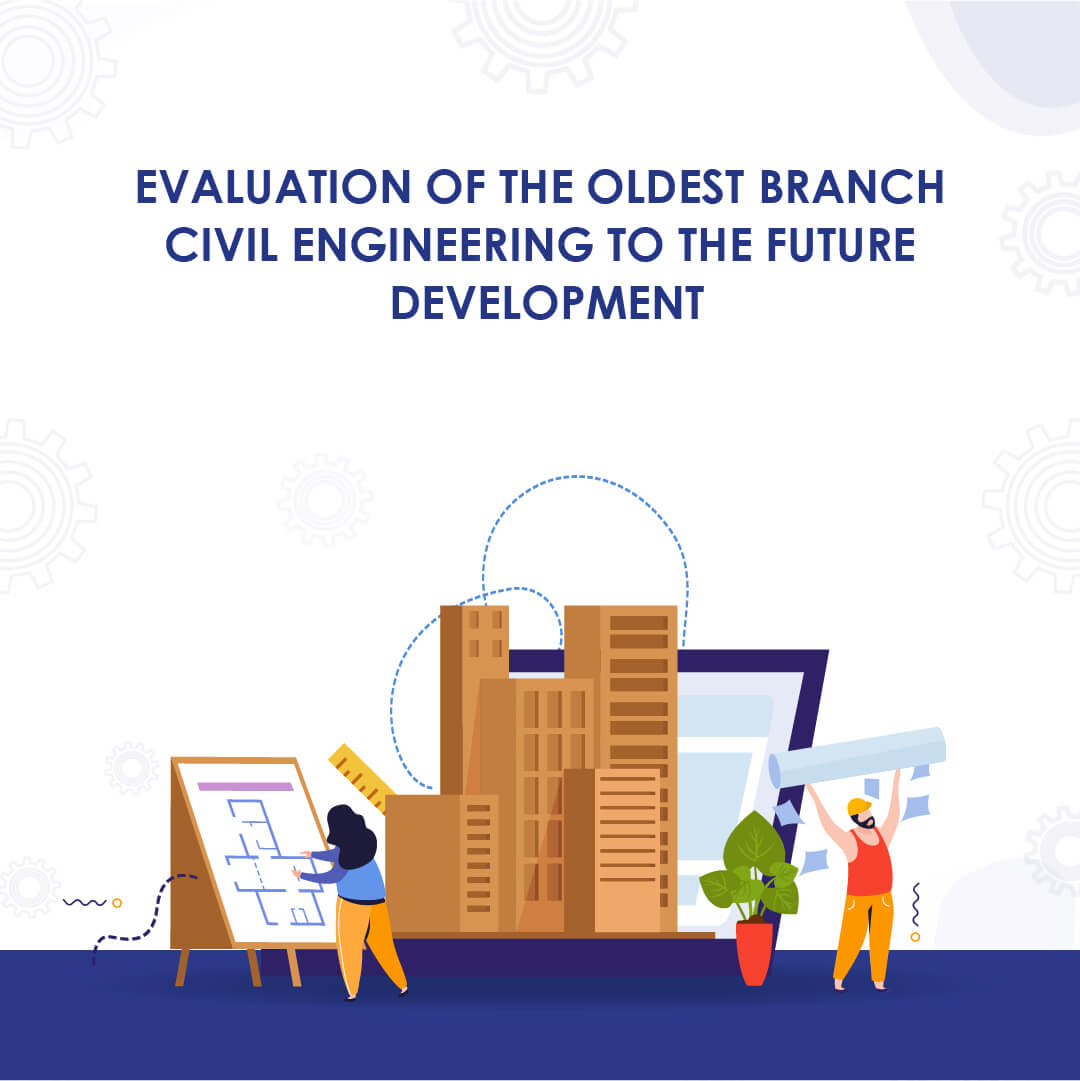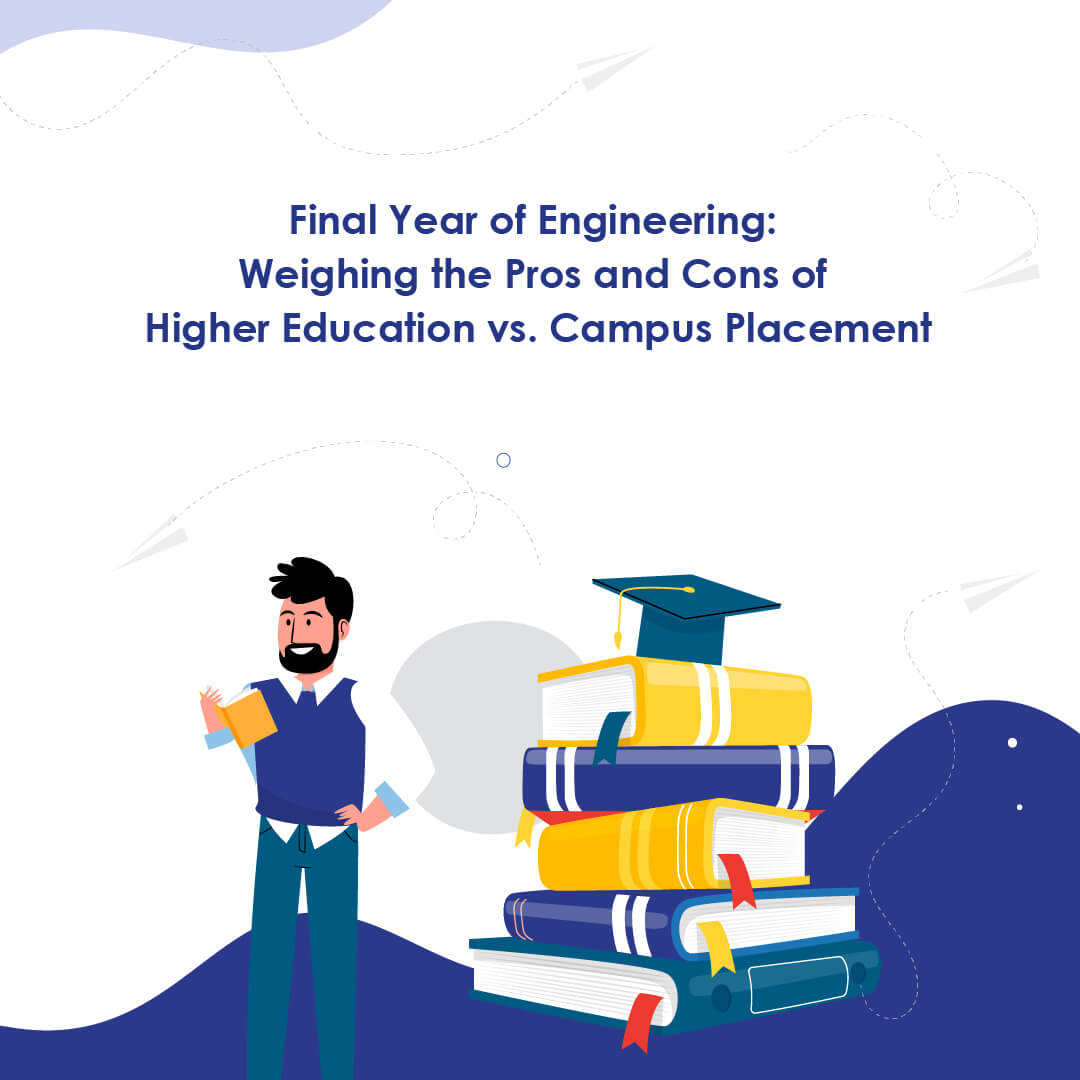Mastering Time Management for Students

Did you know, according to a striking statistic, our free-time lifespan totals only 17.5 years? This fact underscores the importance of mastering time management, especially for students who are working towards academic excellence. Managing time efficiently can significantly enhance productivity, allowing students to make the most of their academic journey.
Indeed, mastering the art of time management becomes particularly crucial when we consider the limited free-time lifespan. For students aspiring for excellence, efficient time management is not just a skill, but a necessity. It opens up avenues for enhanced learning experiences, allowing them to absorb knowledge more effectively and apply it in practical scenarios.
This proficiency enables students to allocate adequate time for each task, reducing stress, and optimizing productivity.
Understanding Time Management
Time management is the key to balancing academic responsibilities and personal life, a skill that is crucial for students across B.Tech colleges in India. It involves planning and controlling how much time to spend on specific activities, thereby optimizing efficiency and productivity. Developing this skill can lead to reduced stress and a more balanced, successful academic experience.
Why is Time Management Important for Students?
The ability to manage time effectively is often hailed as a student's best friend on the academic journey. Mastery of time management for students means more than just getting assignments done; it’s about maximizing efficiency and ensuring a balanced life. This ability can significantly reduce stress, enhance productivity, and set students on the path to academic excellence.

1. Setting Academic Goals
Setting academic goals is a cornerstone of successful time management. It provides students with a clear direction and purpose, helping them stay focused on their academic journey. Establishing specific, measurable, achievable, relevant, and time-bound (SMART) goals allows students to monitor their progress and stay motivated.
Achieving smaller milestones contributes to a sense of accomplishment and propels students towards more significant achievements.
2. Prioritization Techniques
Prioritization is a critical skill that helps students identify and focus on tasks that are urgent and essential. Employing techniques such as the Eisenhower Matrix, students can categorize tasks into four quadrants:
Urgent and Important: These tasks are both immediate and significant. Addressing them promptly is vital as they typically include deadlines, tests, and pressing assignments.
Not Urgent but Important: Tasks falling under this quadrant are essential but not immediate. These often encompass long-term assignments, project work, and personal development activities.
Urgent but Not Important: Though these tasks demand immediate attention, they lack long-term significance. Examples include certain emails or phone calls that require swift responses but don’t significantly impact long-term goals.
Neither Urgent nor Important: These tasks usually involve activities that offer relaxation or entertainment but don’t contribute much to academic goals. It’s optimal to allocate the least time to this quadrant.
By employing the Eisenhower Matrix, students can enhance their ability to allocate time adeptly, thereby reducing stress. This method facilitates a focus on the most substantial tasks first, paving the way for an upswing in productivity and a more balanced academic life.
3. Creating a Study Schedule
Creating a study schedule is pivotal for academic success. It helps students allocate dedicated time slots for each subject, ensuring a balanced approach to learning. A well-structured study schedule can look like this:
| Time | Subject | Task |
|---|---|---|
| 9 AM - 10 AM | Mathematics | Practice algebra problems |
| 10 AM - 11 AM | Biology | Read chapter on cell structure |
| 11 AM - 12 PM | History | Research for upcoming assignment |
| 1 PM - 2 PM | English Literature | Analyze a poem for class discussion |
| 2 PM - 3 PM | Computer Science | Code a simple program |
4. Time-Blocking and Pomodoro Technique
Time-blocking involves allocating specific blocks of time to individual tasks, while the Pomodoro Technique breaks work into intervals (usually 25 minutes), separated by short breaks.
For example, if a student allocates two hours to study a subject, using the Pomodoro Technique, this would involve four 25-minute intervals with 5-minute breaks in between, followed by a longer break after completing four intervals.
5. Effective Task Management
Effective task management involves organizing and handling tasks efficiently to enhance productivity and reduce stress. Utilizing tools like to-do lists, calendars, and apps can help students track assignments, deadlines, and exams.
Staying organized and managing tasks effectively contributes to a smoother, more controlled academic experience, ensuring that students are well-prepared and confident in their academic journey.
6. Beating Procrastination
Procrastination is a common hurdle many students face. Overcoming it requires a conscious effort to stay focused and maintain a steady workflow.
By setting small, attainable goals and rewarding oneself upon completion, students can build a momentum that keeps procrastination at bay, leading to better productivity and academic outcomes.
7. Dealing with Distractions
In today’s digital age, distractions are just a click away. Managing them is crucial for maintaining concentration and ensuring efficient use of time. Students can deal with distractions by allocating specific time slots for leisure and recreational activities, thus creating a balanced routine that accommodates both work and play.
8. Stress Management
Developing time management skills for students is pivotal for stress management. By organizing tasks, setting priorities, and allocating sufficient time for relaxation, students can maintain a healthy mental state.
This balance reduces the feeling of being overwhelmed and promotes a more focused and calm approach to academics.
9. Tracking Progress
Regularly monitoring academic progress helps in identifying areas that need improvement and adjusting study strategies accordingly. This continuous assessment ensures that
- Students stay on track
- Meet their academic goals
- Adapt to any challenges that may arise
- Ultimately leading to enhanced academic performance
10. Time Management for Exams
Efficient time management is particularly crucial during exam periods. By creating a realistic study schedule, allocating time for each subject, and incorporating breaks, students can optimize their study sessions, reduce cramming, and enter exams with confidence and preparation.
Incorporating breaks is equally vital, as it helps in maintaining focus and reducing fatigue.
Subject Prioritization: Identifying and prioritizing subjects based on difficulty and preparation level can help in allocating time effectively. This ensures that more challenging subjects receive adequate attention and revision.
Breaks and Relaxation: Scheduling short, frequent breaks during study sessions can prevent burnout and maintain high levels of concentration. Utilizing relaxation techniques during breaks, such as deep breathing or a short walk, can revitalize the mind.
Practice Papers and Mock Tests: Regularly solving past papers and mock tests within a timed setting can help in getting accustomed to the exam format and improving time management during the actual exam.
By integrating these strategies, students can enhance
- The effectiveness of their study sessions
- Minimize last-minute cramming
- Approach exams with a composed and well-prepared mindset
11. Balancing Academics and Personal Life
Balancing academics and personal life is a constant challenge. Effective time management for students is instrumental in creating a harmonious balance between study and leisure. By scheduling dedicated time for both, students can ensure they meet academic demands while still enjoying personal activities, fostering overall well-being and happiness.
Mastering time management is an indispensable skill that can significantly influence academic success. We at MIT AOE, one of the best engineering colleges in Pune, emphasize the importance of cultivating this skill, enabling our students to balance academics and personal life effectively.
We encourage students to explore various time management strategies and adopt the ones that best suit their individual needs, fostering an environment of productivity and well-balanced growth.
By doing so, we aim to prepare our students not only for academic excellence but also for a successful and fulfilling future in their respective fields.
OUR RECENT BLOG



